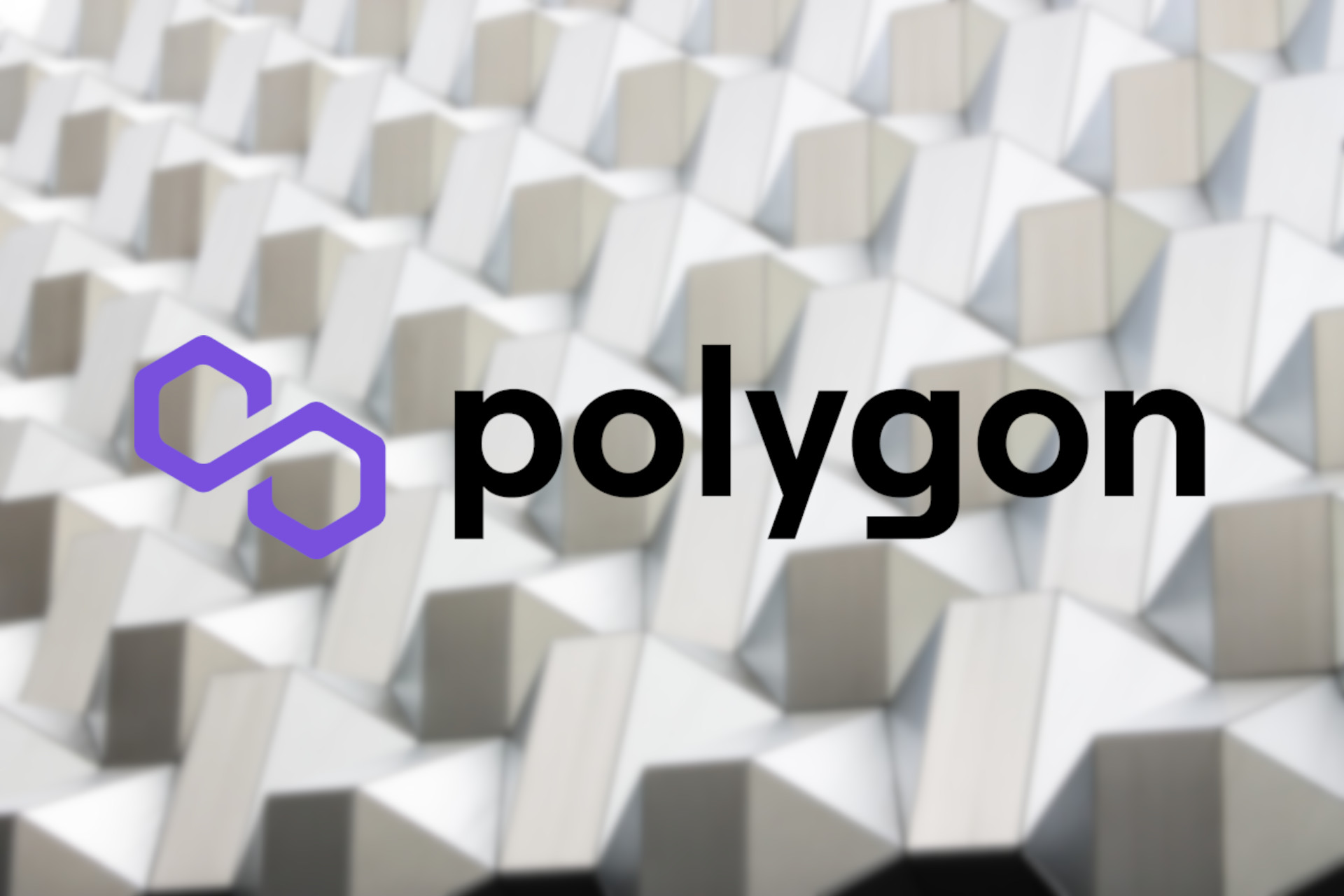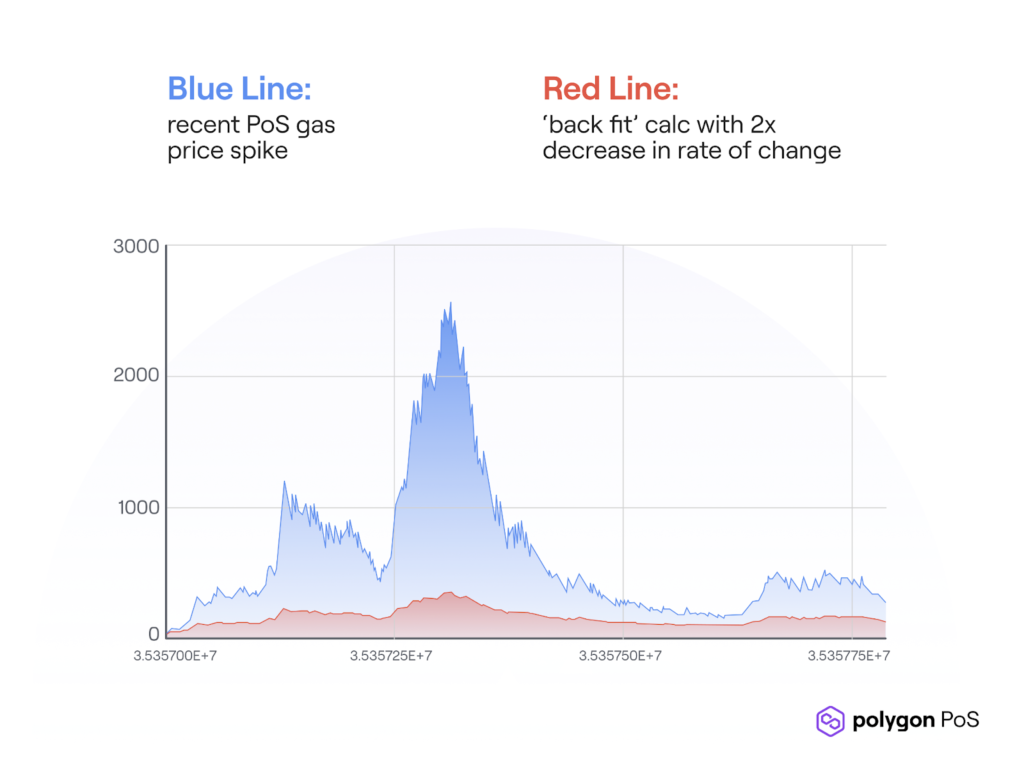
Key takeaways:
- The Polygon team has proposed a hard fork for the Polygon mainnet for January 17
- The hard fork aims to reduce gas spikes and improve transaction finality
- The upgrade won’t make any changes to the PoS rewards
Developers are targeting Jan. 17 for the mainnet hard fork rollout
On Thursday, the Polygon team announced their plans for an upcoming mainnet hard fork that aims to improve the performance of the Proof-of-Stake (PoS) blockchain. The upgrade, proposed for January 17, is reportedly targeting two core areas of the Polygon network’s performance, namely gas spikes and time to finality.
“The goal is to smooth out spikes and ensure a more seamless experience when interacting with the chain,” wrote the team in a blog post. To prevent gas spikes that occur during surges in demand, the team is looking to flatten the curve by doubling the denominator from the current value of 8 to 16.

The second part of the proposed hard fork includes addressing the so-called chain reorganizations (which occur when a block is deleted from the blockchain to make room for a longer chain) by decreasing the sprint length from 64 to 16 blocks. The team explained:
“[T]his upgrade means a single block producer will produce blocks continuously for a much shorter time (~32 sec) than the current (~128 seconds). Doing so will decrease the depth of reorgs.”
The proposed changes are expected to result in improved transaction finality and have no changes on current rewards.
Polygon’s native MATIC token was trading at $0.910 at press time, up 17% over the past week.
For more information about the proposed hard fork, you can check out the first session of Polygon Builders down below.



